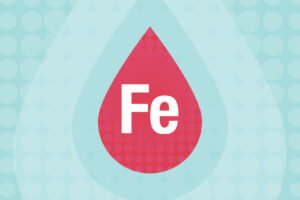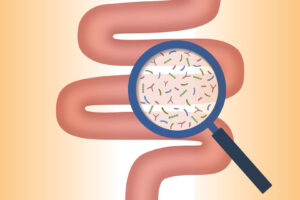What if a quick trip to the supermarket could provide you with some powerful tools for a healthy brain? Does this sound too good to be true? It’s not! Below are five easy-to-find foods that can keep your brain functioning at its best. The bonus is that the same five foods will keep your heart healthy and happy, too.
Oats
Oats are a good source of beta glucan, a type of soluble fiber that can help lower cholesterol levels in the body and regulate blood sugar levels. To get these health benefits, you need about 3 grams of soluble fiber a day (about 1 ½ cups of cooked oatmeal). And remember that there’s more to oats than just hot cereal: Try baking some oat muffins, or add oatmeal to ground turkey or chicken as a binder when making meat loaf.
Salmon
Fatty, cold-water fish like wild salmon, albacore tuna, lake trout, mackerel, sardines, and Atlantic herring are excellent sources of omega-3 fatty acids. Omega-3 fatty acids can help lower triglyceride levels and blood pressure, and reduce the risk of heart attacks and blood clots. They have also been found to decrease inflammation, a factor in many disease processes, improve focus and concentration, and lower your chance of depression. The American Heart Association recommends at least two servings per week of baked or grilled fish for aid to a healthy brain, especially those that are good sources of omega-3 fatty acids.
Walnuts
Walnuts contain polyunsaturated fat, which can help reduce blood cholesterol levels. Polyunsaturated fat has also been found to decrease the production of LDL (“bad”) cholesterol in the body. And there’s good news for people who aren’t fans of fish: Walnuts also provide omega-3 fatty acids. Watch your portion sizes, however. Nuts are high in calories, so a serving of walnuts is just 14 halves.
Spinach
Maybe Popeye was ahead of his time! Spinach contains potassium, which can help lower blood pressure. Like other vegetables, it is also low calories and a good source of fiber. Fiber, which adds bulk to your diet and fills you up, can aid with weight loss and thereby lower your risk for heart disease and stroke. Add a handful of spinach to egg whites, soups, sautés, and salads for a meal that packs a nutritional punch.
Soy
Research has shown that soy can help lower LDL (“bad”) cholesterol levels, although the effect may vary from person to person. Soy products can be used to replace some of the meat and dairy foods in your diet that contain saturated fat. The United States Food and Drug Administration has approved the health claim for food labels that eating 25 grams of soy protein per day may reduce the risk of heart disease. And anything that’s good for the heart is also good for the brain. So try some soymilk in your coffee or cereal, blend silken tofu into a smoothie, or nibble on edamame for a snack.
You may have to look no further than your refrigerator or cupboard to discover many of the everyday foods that can promote a healthy brain. Use some of our simple suggestions to incorporate these foods into your daily meals and snacks. Your brain and your taste buds will thank you!
To schedule a consultation with a registered dietitian, call the Star and Barry Tobias Health Awareness Center at (732) 308-0570.





